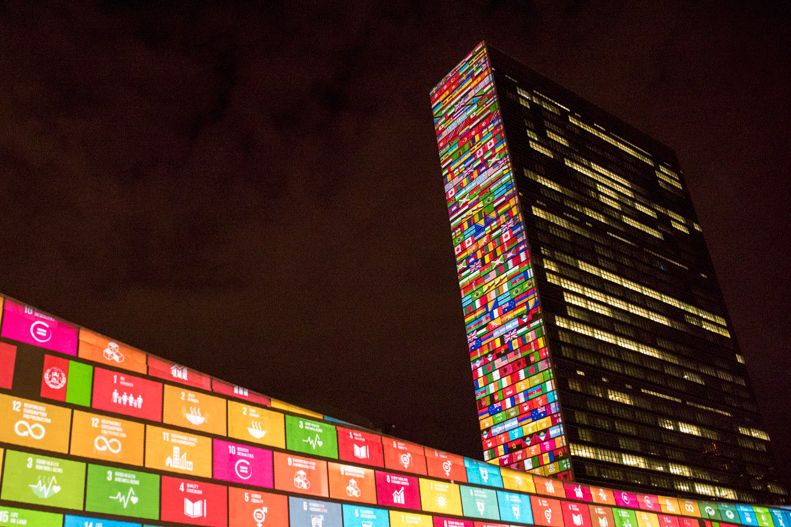Social entrepreneur: an on-the-ground agent for immediacy, a hothouse of innovation, and a connector of industry with the developing world for mutual benefit.
I just returned from Davos 2016, invited to attend with my small cohort of fellow 2015 Social Entrepreneurs of the Year, awarded by the World Economic Forum (WEF)/Schwab Foundation.
“Social entrepreneur” is not an oxymoron
This was my first time at the WEF’s annual meeting, where leaders – in business, government, academics, and international organizations — convene to wrestle tough issues and identify breakthrough opportunities. These are the global visionaries who believe in the immense potential of public-private partnerships to drive inclusive growth.
I heard from fellow participants that Davos 2016 was the first annual meeting at which the overwhelming majority of attendees were not confused about the role of a “social entrepreneur” and didn’t consider the phrase an oxymoron. The concept of shared value, pioneered by Michael Porter of Harvard Business School and defined as coupling company success with social progress, is now widely accepted as a driver of innovation and productivity. This is great news to me having co-founded BroadReach as a mission-driven business over 13 years ago.
In our hyper-connected global world, serving populations in need is no longer considered “philanthropy” or just the “right thing to do.” It is as much an economic, security, and environmental imperative worldwide as it is a solid business opportunity for companies that seize the potential.
Developing business opportunities in developing countries
The Davos 2016 theme — “Fourth Industrial Revolution” — stimulated brainstorming about how to harness the convergence of the rapidly changing physical, digital and biological worlds to shape agile businesses and governments, able to continually transform to anticipate the evolving needs of its constituents.
It also shined a spotlight on the unique roles of the social entrepreneur: as an on-the-ground agent for immediacy, a hothouse of innovation, and a connector of industry with the developing world for mutual benefit.
After a decade consulting with government agencies, NGOs, and international donor groups to improve the health of populations in developing countries, it became clear to BroadReach that leaders are constrained by fragmented and incomplete data and limited analysis that does not provide the insights necessary to anticipate and solve complex challenges – including improving access to quality healthcare, education, job-training and other social determinants of wellbeing. That’s why BroadReach developed a data-driven solution to streamline reporting, provide insights through predictive analytics, and enable social collaboration. Our cloud-based solution and operational know-how helps leaders take actions to realize ongoing, systemic improvements.
Sustainable business models & products to achieve SDGs
There are no shortages of solid business opportunities to achieve the 17 Sustainable Development Goals (SDG) and 169 associated targets. The citizens of the world are best served if the global community approaches the goals by identifying root causes, avoiding redundant initiatives, mapping to national agendas, exploiting data and technology, and growing the financial pie.
In a small Davos session I attended with Dr. Jim Kim, President of the World Bank, he shared a shocking fact: 46 percent of all children in sub-Saharan Africa have stunted development due to the lack of sufficient nutritious food. Fixing this unconscionable problem calls for sustainable business models developed through public-private partnerships. Imagine the power of solving this critical issue – for both the largest concentration of youth on the African continent as well as for the businesses that supply innovative products and services.
This is the promise and the potential of the Fourth Industrial Revolution.


